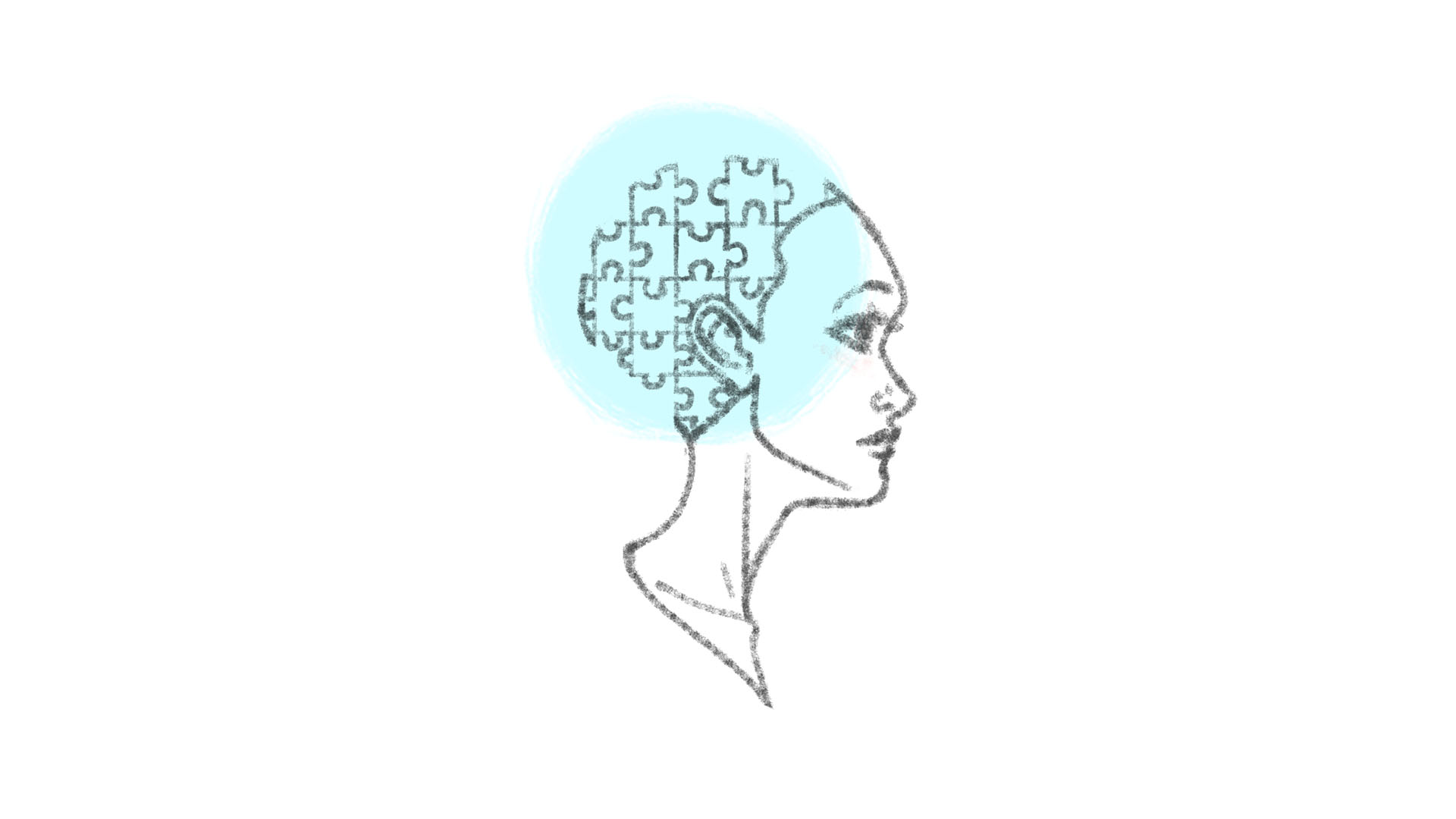In the therapy room, I often notice how hard it can be for people to talk about their emotions—especially the difficult ones. It’s not uncommon to sit with someone for the first time and sense their discomfort in naming what they’re really feeling. And I get it. Talking about emotions—especially the so-called “negative” ones like sadness, anger, or fear—can feel scary. Vulnerable. Like opening a door we’ve been trained to keep shut.
But here’s something I really want to remind you:
Negative emotions are not bad. They’re not a weakness. They’re information.
When we feel overwhelmed, anxious, angry, or even numb, it usually means something is not quite right. These feelings are like internal signals—telling us to pause, pay attention, and reflect.
Something might need changing. A boundary might be crossed. A need might be unmet.
But if we silence those signals—by pushing them away, pretending they’re not there, or burying them under busyness—we miss the chance to heal and grow.
Too often, people feel they must protect their loved ones by not “burdening” them. Or they fear being seen as rude, too sensitive, or a disappointment. So, they smile, carry on, and please everyone else—while quietly carrying the weight of what’s unspoken.
But emotions don’t go away just because we ignore them.
They stay, they fester, and they often show up in other ways—stress, physical symptoms, burnout, or disconnection from others and ourselves.
What if, instead of judging our emotions, we got curious about them?
What if we saw feeling as a strength, not a flaw?
And what if we gave ourselves permission to say, “Actually, I’m not okay today”—even if it feels uncomfortable?
Being open about how we feel doesn’t make us a burden. It makes us human.
It opens doors to real connection, deeper understanding, and yes—healing.
If this resonates with you, and you’re finding it hard to face your emotions alone, I invite you to get in touch.
At OK Talk, we create a warm, confidential space where you can gently explore what you’re feeling—without judgment, pressure, or fear of being “too much.” You’re not alone, and you don’t have to carry it all by yourself.
Let’s start the conversation.
info@oktalk.co.uk

